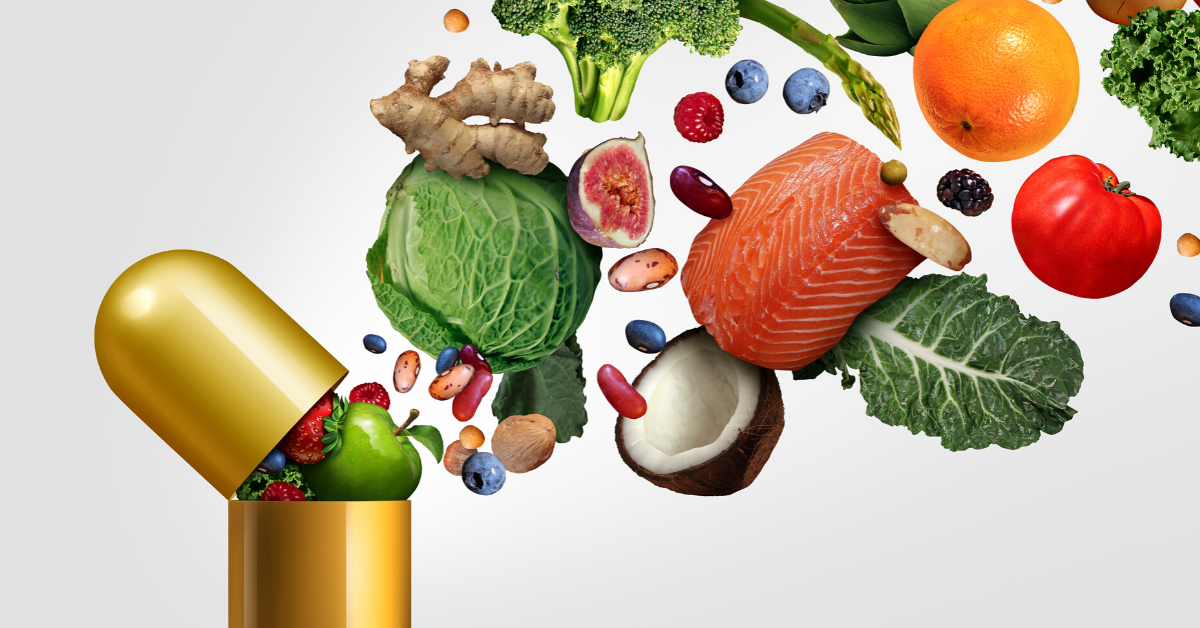
When we are younger, we can eat almost anything and not have to bother. This is especially true about people who have an amazing metabolism, and can digest even the heaviest meals without having to do anything about it; others may have to be a little more conscious about everything that passes their mouths.
However, as we advance in years, we have to be more and more careful about what we are eating; more importantly, what we are not eating. Men and women over 50 need some special foods in their diet, even if they hadn’t bothered about eating well before.
Here is a list of everything that should definitely be on the daily meal plans of every individual over 50, and why these foods are important.
- Almond Milk
Whether you are allergic to dairy or not, almond milk is the healthiest dairy substitute you can find, without any of the digestive discomforts of dairy. Almond milk is often supplemented with Vitamin D, something you wouldn’t find in natural milk. After a certain age, Vitamin D becomes as necessary to our health as calcium or any other vitamins, which you can only find in certain foods.
However, it is important that you buy unsweetened, organic almond milk, instead of brands that are high in sugar and preservatives.
- Cinnamon
For many people, cinnamon isn’t something that’s an important part of our meals; even if we use cinnamon in some recipes, it isn’t more than a pinch. However, cinnamon is a big part of Easter cuisines and curries, especially in the Indian subcontinent, and for good reasons. Cinnamon has excellent anti-inflammatory properties, and can actually help in fighting Type-II diabetes that can easily occur at this age. Cinnamon can also improve insulin sensitivity, which is helpful is you take insulin regularly.
Cinnamon can be used in many recipes to add flavour instead of relying too much on salt or sugar.
- Flaxseed
Flaxseed is another ingredient not many people are excited about, but they are rich in Omega-3 fatty acids. Omega-3 Fatty acids also found in oily fish and enriched eggs are crucial for a healthy heart in both the young and the elderly.
Flaxseeds also have antioxidant properties and is a plant-based protein source, rich in lignans. Flaxseed can be eaten raw or added to oatmeal, cereals, yogurt, and smoothies.
- Beans
All beans are excellent sources of plant-based protein, and they are better than other meat-based proteins after you are 50. Red beans, kidney beans, chickpeas, lentils, black beans, and navy beans – these are all excellent for your heart and can give your body the protein you need without adding to your weight.
Beans are great in different forms and recipes: as curries, with salads, raw or in smoothies.
- Nuts
Just like beans, all kinds of nuts are excellent sources of protein, but also fibre, healthy fat, and minerals. They are great at any age and will give the elderly generation the nutrition they need whenever an individual is in the mood for a snack. Every kind of nut including cashews, peanuts, walnuts, almonds – including the butter made from these nuts – can improve our health.
Raw, organic nuts are the best options for a healthy snack, compared to roasted, processed, packaged or salted ones. Nut butter, too, should be purchased organic and free from preservatives or sugar, and are great as a spread or in your smoothies.
- Eggs
Eggs, especially enriched eggs, are rich in protein, Omega-3 fatty acids, Vitamin B12 and Vitamin D; they are great for our immune system and for our overall health. As you grow older, eggs should become a regular part of your life. A single egg, especially without the yolk, will help your brain stay sharper and your heart stays stronger, as well as help your immune system, nervous system, and digestive system.
If you have high cholesterol, you should definitely keep your egg consumption under one egg per day, and always eliminate the yolk.
- Apples
Apples may have a slightly bland taste compared to some of the more glamorous fruits like strawberries and mangoes, but they are extremely good for our health. A single apple contains a high amount of fibre; eating apples regularly can help your digestive system more than any other food.
Besides, apples are especially good for the elderly population as they can actually lower our LDL and total cholesterol levels, and improve our heart health. People who eat apples regularly also have a lower risk of Type-II diabetes than people who don’t like apples.
- Leafy Greens
Leafy greens, too, are excellent sources of vitamins and minerals if you want to have a sharp brain as you grow older. Elderly people who have at least one to two servings of leafy greens in their meals can remain as sharper as people a decade younger than themselves.
All kinds of leafy greens are good for us, and extremely easy to cook and prepare.
- Potatoes
Health-conscious people usually avoid eating potatoes as they are full of starch and a carbohydrate, prone to adding weight. However, potatoes also have potassium in them, which is important in keeping our electrolytes in check. Potatoes happen to be one of the best sources of potassium in nature and they are also very nutritious as food.
All kinds of potatoes – starchy white one, red potatoes or sweet potatoes, are also full of Vitamin C and Vitamin A, and a good source of nutrition after you are 50 years old.
- Oatmeal
Oatmeal is excellent for everybody, not just the young. With each serving of oatmeal, you get a good dose of antioxidants; you can make oatmeal healthier by adding yogurt, nuts, and berries to it. Oatmeal is the best kind of breakfast you can ever feast on; they are filling and nutritious and will keep you in a good mood for hours after a meal.
After you’ve crossed your 50th year in this world, it is the right time to start thinking about your diet. When you are young, you can eat almost anything and not have to worry about the consequences; as you grow older, there are certain nutrition your body needs that you have to supply, especially if you want to live a healthy life.


